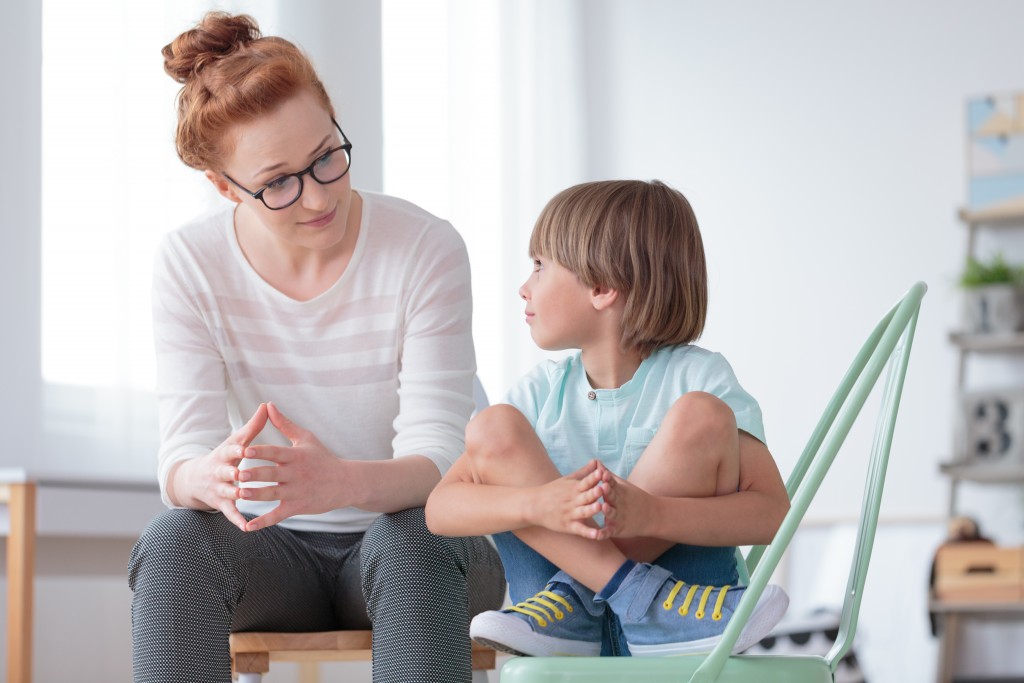The pandemic is a stressful experience among adults. Imagine what it is doing to the mental health of young people.
Stress Among Children
Kids across the world are experiencing high levels of stress because of COVID-19, and all the restrictions imposed in order to slow its spread. In the past year, a survey was conducted among over 6,000 children and their parents in the United States, Germany, Finland, Spain, and the United Kingdom. It revealed that almost 60 percent of children in the UK are worried that a relative might fall sick with the virus. Meanwhile, 20 percent are worried about the future after schools across the nation are closed.
Prolonged stress, loneliness, boredom, and social isolation can lead to mental health conditions, including anxiety and depression.
But, stress among children did not just spring up during the pandemic. While COVID-19 has upended life in the past year, many children have been experiencing high levels of stress for years. They get stressed due to worries about grades and schoolwork, problems with bullying and peer pressure, financial difficulties at home, and issues about self-esteem. Those who are going through major life changes such as moving houses or school or when their parents are going through a separation will also experience stress.
Stress among children can present itself through various physical symptoms, including decreased appetite, upset stomach, headaches, sleep disruptions or nightmares, bedwetting, and other ailments in the absence of an actual medical diagnosis.
It may also result in emotional and behavioral problems such as inability to relax, clinginess, anger, crying, inability to control emotions, aggressiveness, stubbornness, new fears, and refusal to participate in family and school activities.
What can parents do to alleviate stress for their children?
Early Foray into the Practice of Mindfulness

Mindfulness is a common recommendation to people who experience high levels of stress. The practice is pretty straightforward: it teaches the mind to focus on the present, not on the past or the future. It might seem simple and easy, but it is not; try to sit and meditate. Eventually, you will find yourself drifting off to something that has happened in the past or something that might happen in the future, both of which can lead to anxiety and stress.
Mindfulness has been proven to lower levels of stress by emptying the mind of stressors. While it is more often recommended to adults, children can begin practising mindfulness early into their lives. There are Meditation and Mindfulness courses online that teach people techniques that will help them better manage stress.
Children are better suited to practice mindfulness because it will be easier for them to make it a habit and stick to it for the rest of their lives. Children who learned to practice mindfulness early in their life are likely to carry the lessons into their adulthood, letting them grow into a peaceful, kind, happy, and accepting person.
Baby’s First Mountain Pose
Yoga is also often associated with meditation and mindfulness. And, at its core, it promotes fitness.
Yoga is beneficial to everyone, including children, because it includes exercises that stretch and strengthen muscles and improve balance. Moreover, it teaches breathing techniques that they can use to calm themselves whenever they feel overwhelmed with emotions.
Experts also claim that yoga can boost a child’s self-esteem by giving them a solid sense of self. It improves their awareness of their body and creates a strong mind-body connection.
Moreover, yoga will teach children to concentrate, be patient, and persevere. The activity, like most things, takes work. A person would not be able to do a headstand on their first day on the mat. They have to develop the muscle, improve the balance, and build their confidence in order to be able to undertake the challenge of doing a headstand.
Give Children Time to Pause
There are so much expectations from children nowadays. There is pressure for them to do well in school and participate in extracurricular activities to the point that they do not have enough time to do things they enjoy. Hobbies are important to children, and having one ensures that they get a break from the stressful life they live.
Allow children to have time to read a book, play video games, listen to music, and other activities that offer relief from stress.
Children are stressed, and adults should not ignore it. When children experience prolonged stress, it will negatively affect their physical and mental health. Parents should find ways to help their children get a relief from stress.

